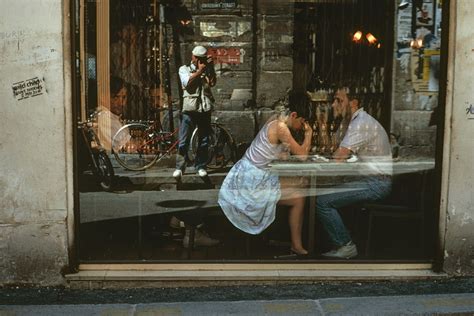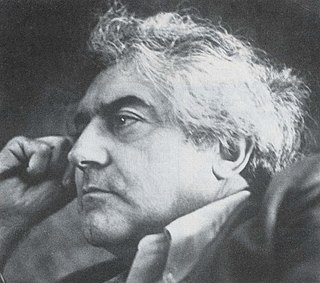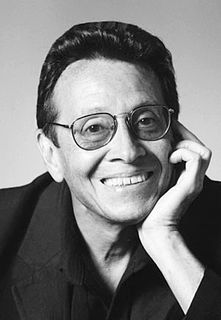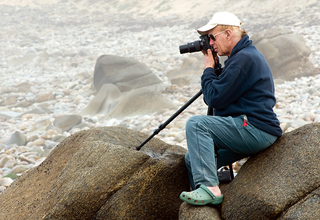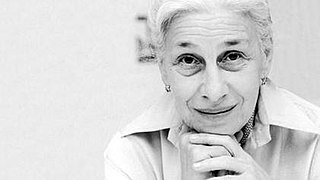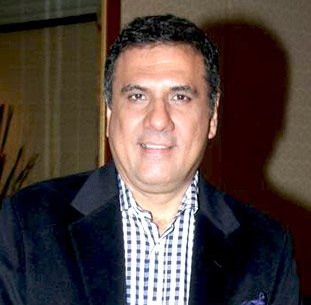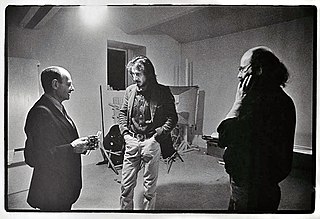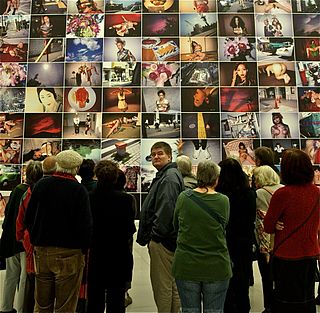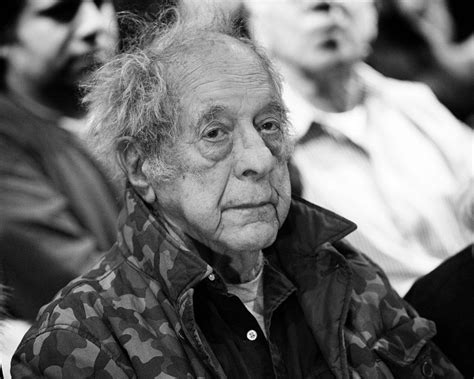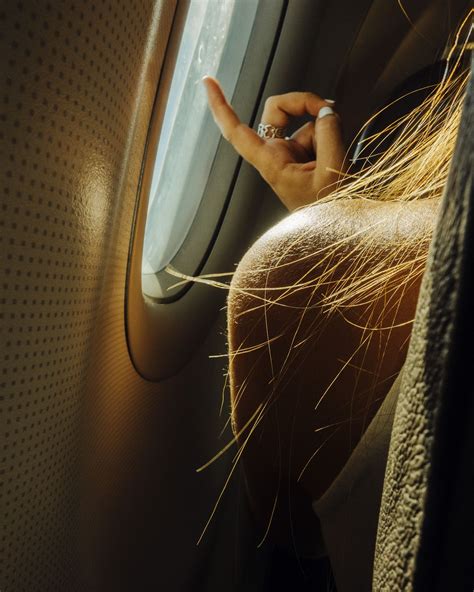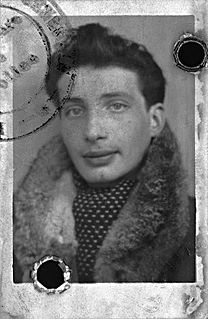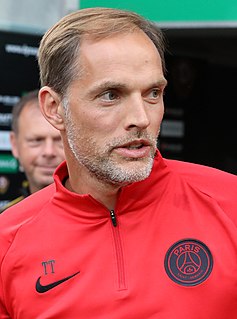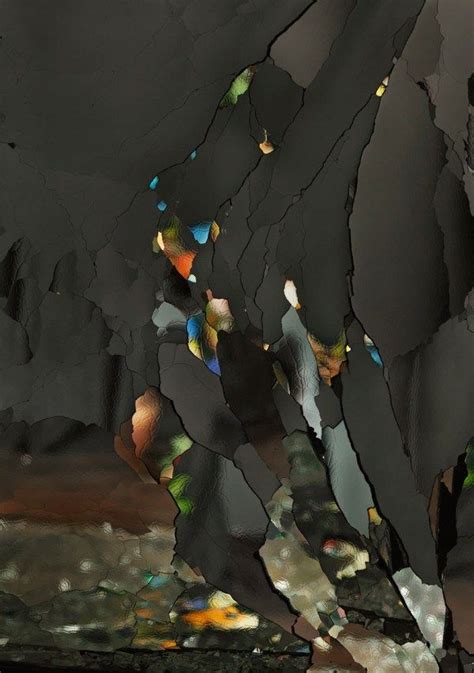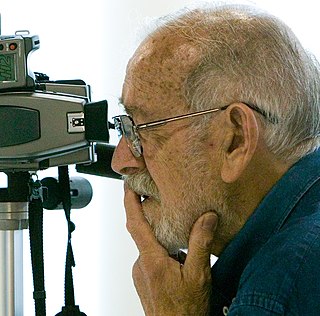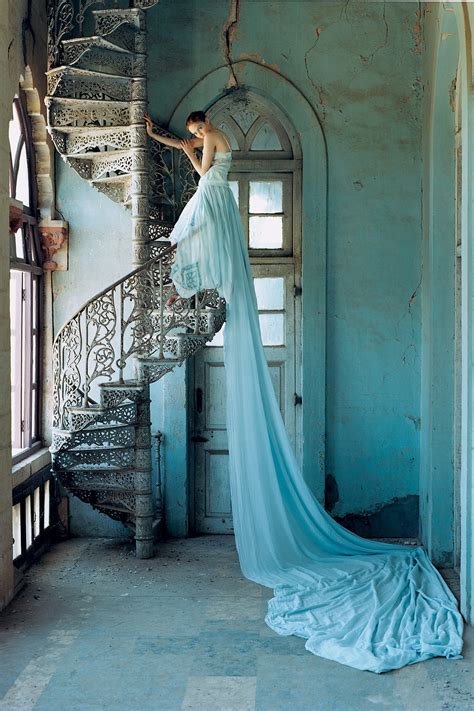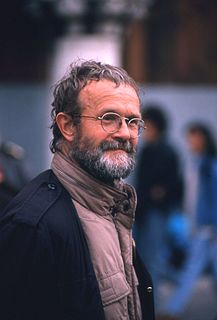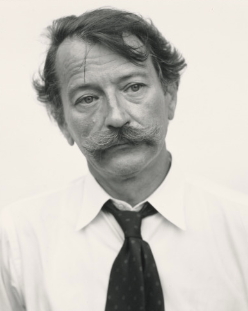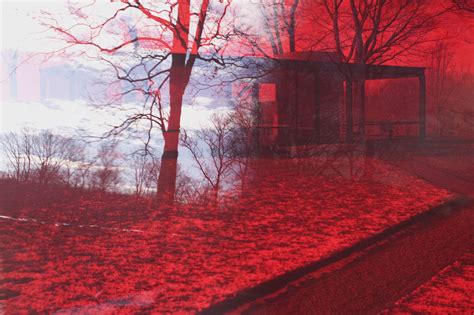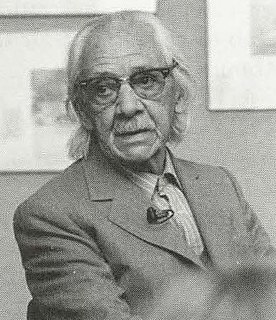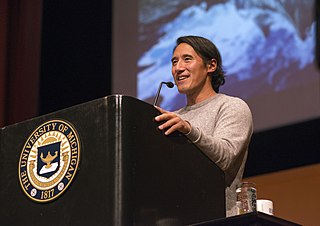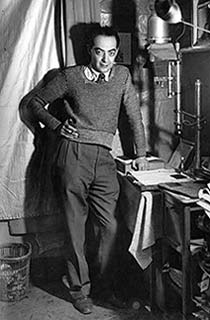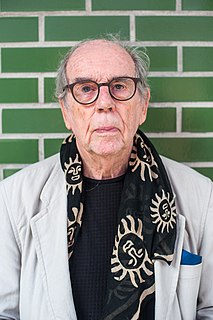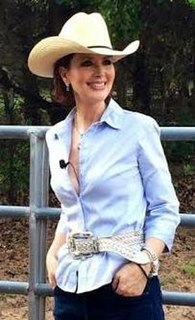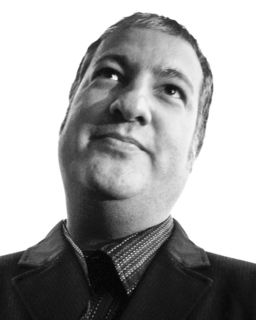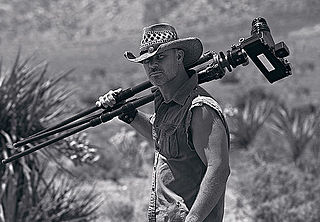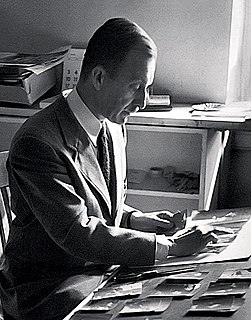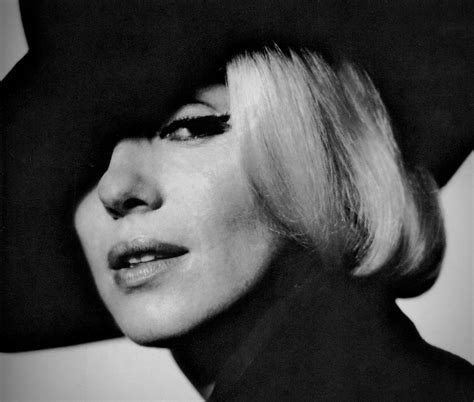Top 1200 Professional Photographer Quotes & Sayings
Explore popular Professional Photographer quotes.
Last updated on April 22, 2025.
My Dad took a workshop from a photographer who worked at the Toledo Blade, a newspaper I delivered. I knew this photographer's work. My Dad took a night class from him at the University of Toledo. Without that class, I wouldn't have become a photographer, because my Dad came home and taught me what he learned in class.
Any photographer worth his/her salt - that is, any photographer of professional caliber, in control of the craft, regardless of imagistic bent - can make virtually anything look good. Which means, of course, that she or he can make virtually anything look bad - or look just about any way at all. After all, that is the real work of photography: making things look, deciding how a thing is to appear in the image.
A photographer is a witness. He has a moral duty. Every picture must be true and honest. I believe a photographer's strength is his ability to accurately record reality. There are photographers who think they are lucky if they find unusual or special subject. But it is never the subject that is so marvelous. It is how alive and real the photographer can make it.
Sometimes a photographer is a passenger, sometimes a person who stays in one place. What he watches changes constantly, but his watching never changes. He doesn't examine like a doctor, defend like a lawyer, analyze like a scholar, support like a priest, make people laugh like a comedian, or intoxicate like a singer. He only watches. This is enough. No, this is all I can do. All a photographer can do is watch. Therefore, a photographer has to watch all the time. He must face the object and make his entire body an eye. A photographer is someone who wagers everything on seeing.
The difference between an amateur and a professional photographer is that the amateur thinks the camera does the work. And they treat the camera with a certain amount of reverence. It is all about the kind of lens you choose, the kind of film stock you use… exactly the sort of perfection of the camera. Whereas, the professional the real professional – treats the camera with unutterable disdain. They pick up the camera and sling it aside. Because they know it’s the eye and the brain that count, not the mechanism that gets between them and the subject that counts.
Who is a professional? A professional is someone who has a combination of competence, confidence and belief. A water diviner is a professional. A traditional midwife is a professional. A traditional bone setter is a professional. These are professionals all over the world. You find them in any inaccessible village around the world.
I was fooling around one day and looking at Yahoo! Jobs. I typed in "photo" and, of course, what comes up is "One hour photo lab" or "Be a photographer in Disneyland" or jobs that no one really wants as a photographer. I saw, by chance, this ad that said, "Wanted: Photographer for premieres and Hollywood events" and I thought, "This can not be real. This is ridiculous. No one advertizes this!" I was really suspect about it.
